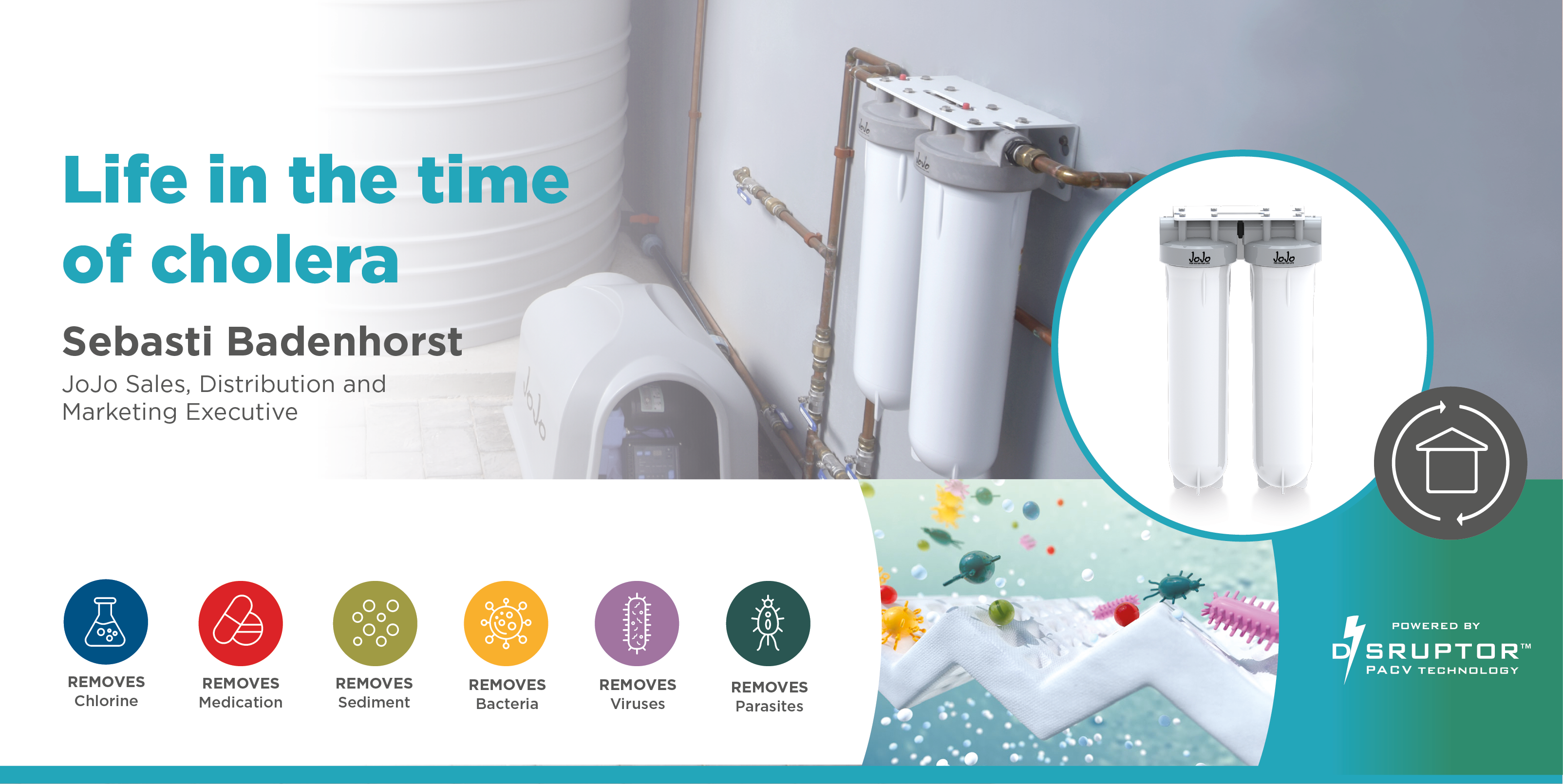I always thought cholera was a disease that belonged in the previous, previous century. That the engineering feats and developments in water and sewage treatment post world wars I and II would have been enough to prevent cholera.
Maybe it is just my romantic notions inspired by the classic novel ‘Love in the time of cholera’ written by Colombian, Nobel prize winning author, Gabriel García Márquez. In the story, esteemed Dr Urbino, a physician devoted to science, modernity, and “order and progress”, convinced the viceroys of the unnamed Caribbean city to modernise the water and sanitation system to prevent cholera. Which he largely achieved by the end of his life. – in the story.
With reference to Wikipedia: What is Cholera and what causes cholera?
Cholera is an infection of the small intestine by some strains of the bacterium Vibrio cholerae. Cholera symptoms may range from none, to mild, to severe. The classic cholera symptom is large amounts of watery diarrhoea that lasts a few days. Vomiting and muscle cramps may also occur. Diarrhoea can be so severe that it leads to severe dehydration and electrolyte imbalance within hours. If left untreated it can be fatal even in healthy individuals.
Cholera is caused by contact with water and food that has been contaminated with the cholera bacteria. Undercooked shellfish is also a common cause. Humans are the only known host for the bacteria. According to the NICD the main way cholera spreads is through water contaminated with human faeces. There are numerous social economic factors which has caused cholera outbreaks till today in various parts of the world, the latest cholera outbreak in Hammanskraal on our doorstep.
So, what can we do to ensure that we are not exposed to contaminated water, and prevent cholera in our own homes? I have been going through the thinking myself after the reports of Hammanskraal.
I already use a JoJo undercounter filter for drinking and cooking water in my house. The disruptor filter is extremely efficient at removing more contaminants than any other filtration system on the market, does not waste water, and does not need electricity, a definitine win in times of loadshedding, it only requires water pressure, hence my choice. (https://www.jojo.co.za/water-filtration-solutions/). My drinking water is therefore not a risk factor. But what about washing my hands, hair, showering with contaminated water? I do not shower in water that is 70 degrees that kills bacteria. Surely that must a be a risk.
I have been reluctant to install a JoJo whole house disruptor filter because I did not want to flush purified water down the toilet. But considering the risk to my health and the cost and inconvenience to plumb my toilets on a different line, I was starting to wonder if this is wise.
I use approximately 13 000lt of municipal water in my household per month. This excludes filling up the pool and fishpond, washing cars and irrigation, that I do from my harvested rainwater.
So I did the maths, based on the cost of the JoJo filtration system on the JoJo on-line shop, and an estimate of installation received from a JoJo installer.
If I think that I have to spend an additional R633 on water a month, it pains me, but I value my health and my lifestyle.
My water bill is approximately R300, which is really not much. In the rural areas of Limpopo people pay R250 for 2500lt water from a water tanker, often untreated water. If I had to pay that, my water bill would have been R1300 per month, considering that, I think I still get a good deal.
That is life in the time of cholera.

